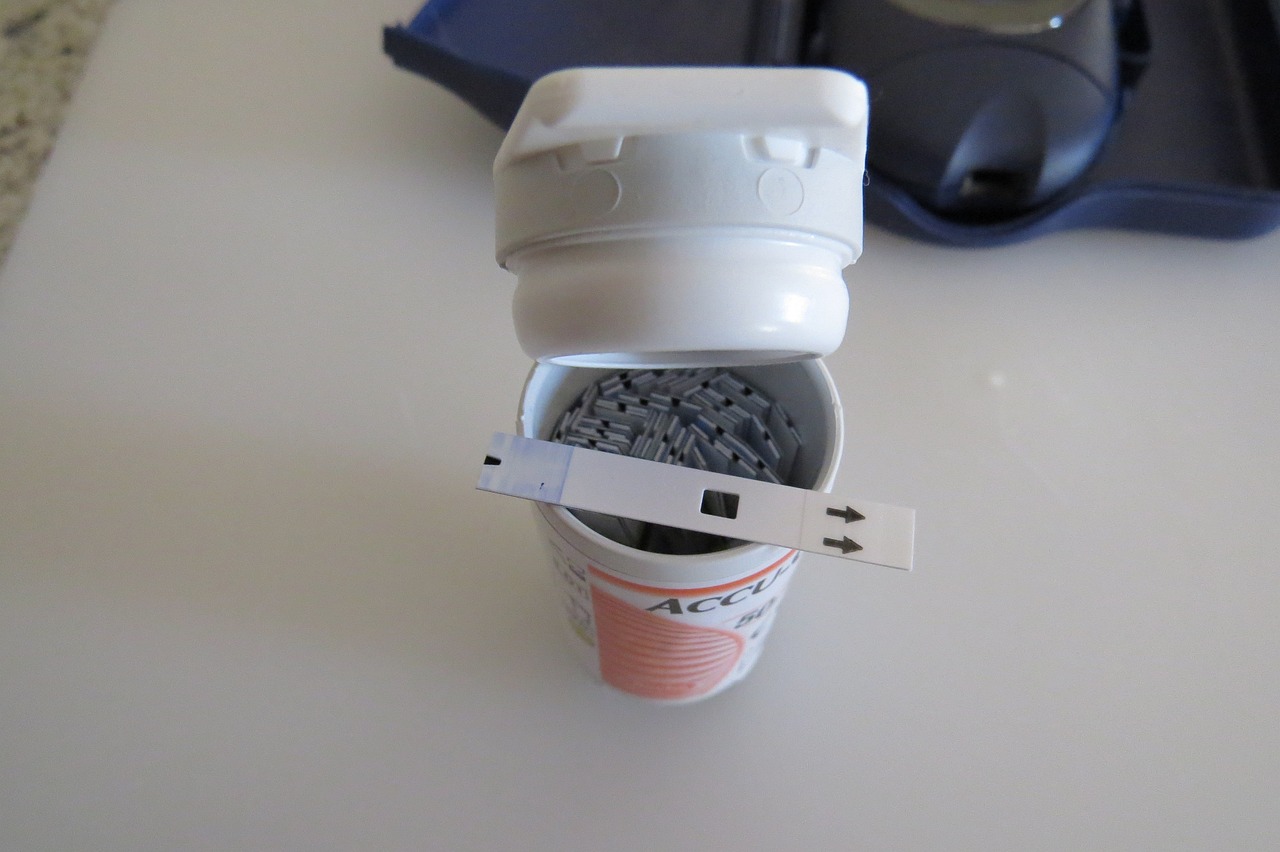Diabetes is a chronic condition that, when not effectively managed, can lead to various complications. High blood sugar levels over time can damage blood vessels and organs, increasing the risk of long-term health issues. Understanding the potential complications associated with diabetes is crucial for individuals to take proactive steps in their management and seek appropriate medical care. Here, we explore some common complications of diabetes.
- Cardiovascular Complications: Diabetes significantly increases the risk of cardiovascular problems. High blood sugar levels can damage blood vessels, leading to atherosclerosis (hardening and narrowing of the arteries), increasing the risk of heart attacks, strokes, and peripheral artery disease. Individuals with diabetes should manage their blood pressure, cholesterol levels, and adopt heart-healthy habits such as regular exercise, a healthy diet, and avoiding smoking.
- Diabetic Neuropathy: Diabetic neuropathy refers to nerve damage caused by high blood sugar levels. It commonly affects the legs and feet, leading to symptoms such as numbness, tingling, pain, and a loss of sensation. Diabetic neuropathy can also affect other organs, including the digestive system, urinary tract, and sexual function. Maintaining stable blood sugar levels and regular foot care are crucial in preventing and managing neuropathy.
- Diabetic Retinopathy: Diabetes is a leading cause of vision loss and blindness in adults. Diabetic retinopathy occurs when elevated blood sugar levels damage the blood vessels in the retina, leading to vision problems. Regular eye examinations and good blood sugar control are vital in detecting and managing diabetic retinopathy.
- Nephropathy: Diabetes is a leading cause of kidney disease. Persistent high blood sugar levels can damage the small blood vessels in the kidneys, impairing their ability to filter waste and excess fluid from the body. This condition is known as diabetic nephropathy. Regular monitoring of kidney function, managing blood pressure, and maintaining good blood sugar control are essential in preventing or slowing the progression of kidney disease.
- Foot Complications: Diabetes can lead to foot complications, including poor circulation and neuropathy. Poor circulation can impair wound healing, making individuals with diabetes more prone to foot ulcers and infections. Regular foot care, proper footwear, and prompt treatment of any foot issues are crucial in preventing complications and ensuring good foot health.
- Skin Complications: High blood sugar levels can affect the skin, leading to various complications. Individuals with diabetes are more susceptible to skin infections, slow wound healing, and conditions like diabetic dermopathy (discoloration and patches on the skin) and necrobiosis lipoidica diabeticorum (skin lesions). Good blood sugar control and proper skincare are important in managing and preventing skin complications.
It is important to note that with proper management, the risk of complications can be minimized. Regular monitoring of blood sugar levels, adhering to medication and treatment plans, adopting a healthy lifestyle (including a balanced diet and regular exercise), and seeking regular medical care are key in preventing and managing diabetes complications.
Individuals with diabetes should work closely with their healthcare team to develop an individualized plan to address their specific needs and reduce the risk of complications. By managing blood sugar levels effectively and adopting a proactive approach to their health, individuals can lead a fulfilling life while minimizing the impact of diabetes complications.

